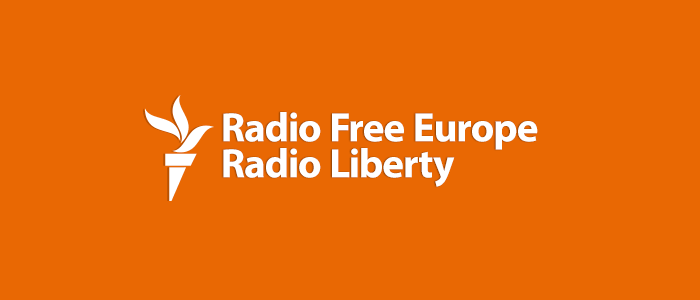Now, Rüütel claims, the security of the Baltic countries is guaranteed. Thus the RFERL interview opens with the information agency calling Rüütel a ‘reform minded' top official of Soviet Estonia during the turbulent 1980s.
Rüütel identifies three Russian politicians who have most influenced the status of Estonia: Peter I, Joseph Stalin, Mihhail Gorbachev with the addition of Boris Jeltsin.
Rüütel dwells upon occurences of August 1991. He received a phone call in which he was warned of the dangers associated with the failed coup, namely arrest. (Hardline members of the Politburo of the Soviet Communist Party Central Committee had attempted to organize a takeover of Soviet Union thereby ending a drift towards liberalization that had been the policy of Gorbachev. It has been said that Rüütel knew who was to be appointed in occupied Estonia from the Kremlin had the coup been successful. No disclosure from him.) To the phone caller Rüütel said that he would convene the Estonian Supreme Soviet and that a decision would be adopted that Estonia would not submit to the demands of the coup. That is what took place on August 20,1991 when the Estonian Supreme Soviet declared the restoration of an independent Estonian Republic.
Rüütel then described a meeting two days later with Vadim Bakatin, the head of the KGB at the agency's headquarters on Dzerzinsky Square in Moscow.
The meeting lasted for about one and a half hours during which Rüütel claims that he demanded the possession of all KGB dossiers associated with the KGB's work in estonia. This demand included all weapons and surveillance technology. He was told that all weapons and surveilance equipment would be handed over immediately but the dossiers would not be relinquished.
Rüütel states that he wanted to know why. Bakatin explains that Estonia is a small nation of people who have been sufficiently cooperative with the KGB. In such a small community unnecessary anatagonisms would be inevitable. This should be avoided. Rüütel states that he agreed. Some files were handed over to Estonian officials but not all.
Rüütel notes that one of his most important achievements is the restoration of justice. He desribes what he witnessed as a boy in Saaremaa when Soviet troops arrived: „Endless convoys of vehicles that moved only at night. I stood on the side of the Kuivastu highway where our house was located. Every night I watched as the columns of vehicle passed. It's still on my mind. Then as a boy, I promised to do all to have justice returned to Estonia. I believe that just this has brought me the greatest satisfaction, that I was able to do that in spite of the many years that have passed since.”
The interview touched upon other aspects of past and current themes. Vladimir Putin in Rüütel's estimation is one who has attemped to boost Russia's economic and social progress, which has been succesful according to economic indicators. (Many obervers would state otherwise. Ed.) But he has also violated many international legal principles as witnessed by the annexation of Crimea.
Has Rüütel ever feared Russia: „I wouldn't use the word fear. It's true that one cannot compare the military capabilities of the two countries. I have aalways been aware of Russia's strategic interest in the Baltic states. This is obvious since the days of Peter the Great. On the other hand Estonia was successful in gaining its own independence in 1918. It's true that the indepedence lasted for only 20 years when it was occupied for half a century. But we were able to regain our independence and join the UN, NATO, the European Union and many other international organizations.
What would he do to stop the fighting in Ukraine? Rüütel supports the administration of sanctions against Russia. „I hope that the international condemnation of Russia's actions in Ukraine finally awakens the Russians to their illegal behaviour.” Russia is to be mistrusted. When Ukraine reliquished control over nuclear weapons on its territory Russia was to guarantee Ukrainian sovereingty and territorial integrity.
Is Estonia under military threat from Russia? Rüütel: „No. So long as Eesti belongs to NATO, the EU and UN, Estonia's national security is solid.”
(Some critics have suggested that Rüüel's observations did not bring anything new to the controversy about the termination of the KGB in Estonia. Next week this column will look at how the crucial aspect of lost and/or destroyed files were handled and the reverberations that it has still today.)
Laas Leivat




